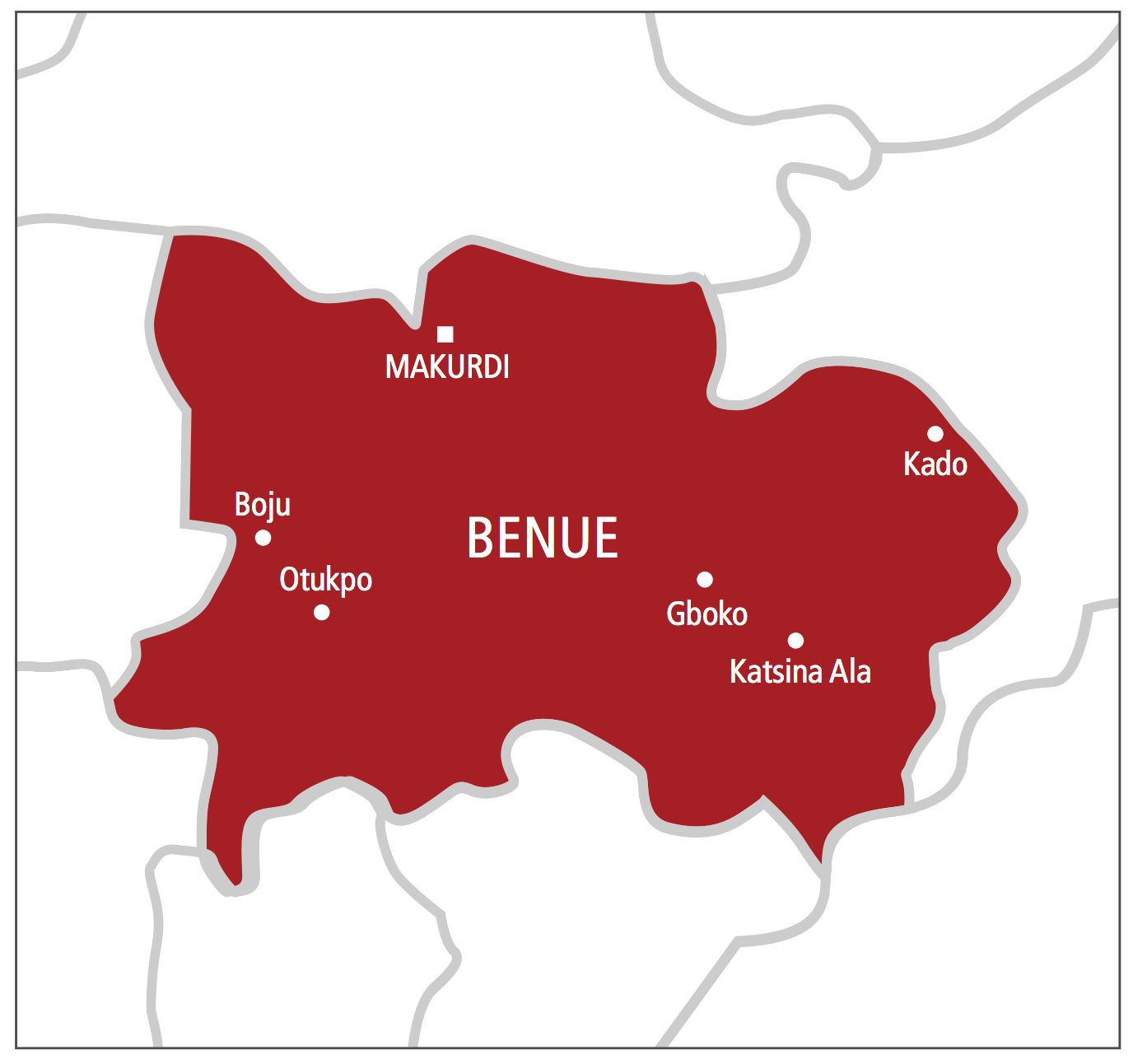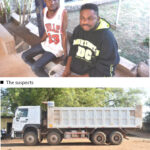In Benue State, North Central Nigeria, women are playing significant roles in preventing violent conflicts.
While the women have demonstrated this capacity in the management of conflicts in various communities, their efforts in preventing conflicts at the various Internally Displaced Persons (IDP) camps set up to cater to those displaced as a result of the several violent conflicts in the state stand out.
Given their societal roles as leaders, professionals, artisans, mothers, wives, sisters and relations of those involved in conflicts, however, women should be actively supported to expand their scope and given more space to be more effective in preventing violent conflicts.
The support will serve to remove the barriers that stand in the way of making them become better conflict managers and contribute more to peace-building processes across the state.
- Capstone partners Lagos school to raise awareness on domestic violence
- ASUU knocks FG over dissolution of universities’ governing councils
As mothers, women can play significant roles in the formation of narratives amongst the future generation using their direct contact with the youths who are usually the major actors in conflicts.
With the special relationship they have as leaders, professionals, artisans, mothers, wives, sisters and partners they can exert their influences over their husbands, children, brothers and other partners who are the principal actors in violent conflicts.
Involving women in peace processes has been found to go a long way in preventing hostilities as they are better placed to reach the actors, have influence over the actors and over the years developed a unique skill set and innovative/creative alternatives to violence.
A recent training offered by the Institute for Integrated Transition (IFIT) driven Middle Belt Brain Trust (MBBT) has provided an understanding of the dimensions of the conflict in Nigeria’s Middle Belt region and has identified women as key in driving the peace process in conflicts.
An analysis of the current population of Internally Displaced Persons (IDPs) in various camps in Northern Nigeria reveals that the IDP population is composed of 53 per cent women and 47 per cent men while more than 56 per cent of the total IDP population are children of which more than half are below five years, while 42 per cent are adults.
A recent survey also indicates that 92 per cent of these IDPs were displaced by insurgency with states such as Borno, Adamawa, and Yobe said to be home to an estimated 8.4 million people in need of life-saving assistance, directly affected.
In Benue State, the situation is no less tragic with 27 camps spread across the state with a huge population of IDPs, while those mostly affected are farmers with refugees from Cameroon camped in Ikyogen.
Some of the IDP Camps are faced with various problems which include cases of rape, internal violence and attacks from rampaging aggressors.
A report by the Women’s Media Centre shows that due to overlapping vulnerabilities related to economic security and protection, the women find themselves at risk of sexual and gender-based violence in the camps.
The Abagena camp in Benue State which provides shelter to over 8,000 farmers-turned-IDPs, was attacked in April 2021, where seven persons were killed while scores were injured.
More recently, the Ortese Camp was attacked and humanitarian work halted for a few days to bring the situation under control. Women and children are the most vulnerable in the face of these attacks.
During the flood disaster in 2012, it was reported that ‘no fewer than 19 young girls were raped at four of the designated resettlement camps established for flood victims in Makurdi, the Benue State capital.
By 2018 when the herder/farmers conflicts were increasing, reports of attacks on women increased. As the conflict began to gather heat, armed groups were attacking women on their farms, which prompted their husbands to begin accompanying them to such places.
The population of male adults in the IDP camps has been relatively low as they prefer to watch over their villages for fear of losing their belongings.
Women, together with their families, are forced to survive on less than N780 per day.
When asked why women still reside in the IDP camps despite attacks, an IDP named Adoowasen, said “We have nowhere to go.”
As women are more at the receiving end of the conflicts, an increasing number of women have taken interest in humanitarian efforts to drive the recovery process.
Through a number of organisations, the women are driving the process of reaching out to distressed populations providing an estimated over 40 per cent of the half a million humanitarian workers who provide frontline care during emergencies, wars and disasters.
This enables them to contribute in building conflict-wrecked communities and to connect to the larger community of women in conflict situations in need of more psychosocial support to heal.
Humanitarian assistance is mainly provided by national actors, with federal and state governments donating money and relief supplies to the affected areas. A number of agencies both national and international donors are important assistance providers.
Quite a number of these bodies have assisted IDPs in Benue State with non-food items, while the government provides food, shelter and health care with some NGOs also providing aid ranging from food, clothing, psycho-social support and healthcare services to the IDPs.
But more can be achieved in terms of reducing conflicts if humanitarian action is made to wear a woman’s face. By this I mean involving more women in humanitarian actions because they have the contextual knowledge, technical and social capacities to effectively reach those affected by crises who are predominantly women and children.
It is beneficial to have women as frontline responders in conflicts and disasters as the need to address gender-based violence, sexual health and reproductive rights because women have developed the technical, social capacities and have earned the requisite experience.
Prof Angya is a former Vice Chancellor, Benue State University

 Join Daily Trust WhatsApp Community For Quick Access To News and Happenings Around You.
Join Daily Trust WhatsApp Community For Quick Access To News and Happenings Around You.


